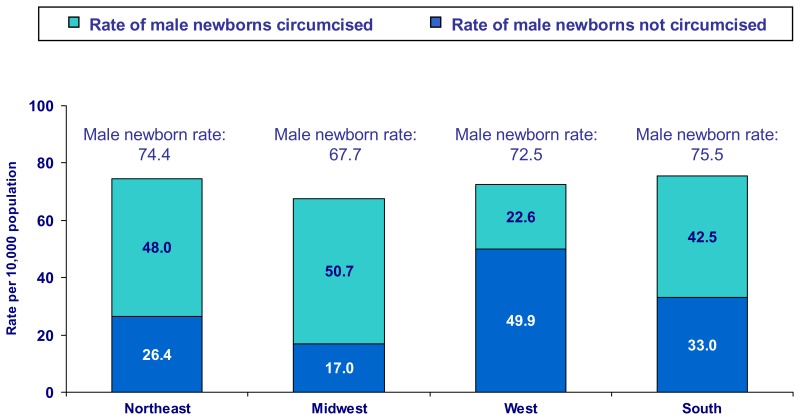A Circumcision doctor is a person who performs the Circumcision. Usually, this doctor is the child’s pediatrician. In some hospitals, the father can do the procedure by himself. However, he must be supervised and monitored by a medical professional. A medical doctor will not oversee any events leading to a circumcision. During a circumcision, the baby is usually given medication to make him calm. The baby is usually tired and needs to sleep when he is returned to his mother.

While most circumcision-related infections are mild, some can occur. Common symptoms include swelling and pain around the incisions, fever, and worsening redness and pus. Children with bleeding disorders and clotting disorders are more likely to get infections. A small blood vessel can be damaged during the procedure, requiring stitches to close the wound. A medical professional will be capable of diagnosing and preventing any complications. A hospital staff member will provide you with a list of precautions you can take prior to your appointment.
Before you go, make sure to bring your child’s birth certificate or redbook. If your child is less than 16 years old, it is necessary to bring a photo ID (such as a passport or driver’s licence). Don’t forget to bring your child’s birth certificate, red book, or red book. Both parents must sign consent forms during circumcision. Single parents and other family situations may be exempt from the consent form requirement. Contact the Circumcision doctor’s office for more information.
Avoid alcohol and caffeine to prepare for Melbourne Circumcision. For the procedure, you should remain calm both mentally and physically. You should bring headphones and relax music to listen to during the procedure. A full breakfast should be taken before the operation. Limiting the amount of coffee you drink can cause stress for some. Parents who need to have coffee before the procedure should drink it at least one hour before. Avoid caffeine for children who require caffeine after eating.
During the procedure, the doctor will explain the procedure and any risks. The doctor will then explain the procedure and the risks. He will also give instructions for how to proceed. The doctor will then perform circumcision. The procedure can take up two hours. The parent should be present during the procedure. The patient will be awake for six hour. A doctor can also administer numbing medication.
Local anesthesia is used to complete this procedure. While it may be safe, local anesthesia may cause serious complications, including bruising and bleeding. Local anesthesia may not be effective in all cases. It is possible to have an allergic reaction. Both parents should sign consent forms following the procedure. If both parents are present, they should sign the consent form. The circumcision will not take place while a child is awake.
The doctor will explain the procedure as well as the risks. He will also explain the procedure that will be performed after the circumcision. He will also explain to parents the risks and how to care after circumcision. The doctor will ask parents about any bleeding disorders in the family. A consent form will indicate that the parent understands and accepts the procedure. It will also state the benefits and risks. The operation will involve local anesthesia to anesthetize the area. The penis will also be avulsed.
In most cases, circumcisions don’t cause infection. Most infections that result from the procedure are minor and rare. The doctor will ask questions about any medical history, including bleeding disorders and clotting problems. An informed consent form should be signed by both parents before the procedure. If a parent cannot give consent, the doctor should not perform the procedure. A parent’s informed permission will state that they are fully aware of the procedure.
The doctor will explain the risks and benefits of the Melbourne Circumcision. The procedure is painless, and the child will fall asleep throughout the entire procedure. If the child is under 16 years of age, a doctor may request a child’s redbook or birth certificate. A parent’s consent will state that they are fully aware of the risks and benefits associated with circumcision. The informed consent form of a parent will state that he or she has fully understood the procedure.